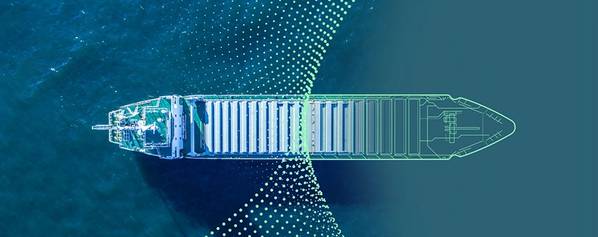
DNV has launched Emissions Connect, an emissions data verification engine and data management platform designed to help the maritime industry accurately assess and work with emissions data.
The solution provides a trusted, verified source of emissions data that can be shared securely with all relevant stakeholders along the maritime value chain. High-quality emissions data provided by the shipowner is verified by DNV and shared with customers for self-service in settlement of transactions or other purposes such as compliance reporting, exporting and secure sharing with partners and third parties, including banks and insurance companies adhering to the Poseidon Principles.
While designed to support with the operational impact of multiple regulatory requirements and decarbonization trajectories, it specifically addresses the needs emerging from the introduction of the EU Emissions Trading System (ETS) and the Carbon Intensity Indicator (CII) to the maritime industry.
The EU ETS, due to be phased in from 2024, will require the Document of Compliance (DoC) holder - typically the ship manager - to surrender EU Allowances (EUAs) based on the annual level of emissions. The EU ETS will expose DoC holders to significant financial risk, as emission costs will be factored into contracts between stakeholders to ensure fair distribution.
The CII is becoming a factor in charter terms, creating balance sheet risk and impacting shareholder value, access to capital, and commercial attractiveness. In this context, the collecting, managing, and sharing of accurate and reliable data will be crucial.
Emissions Connect is built on DNV’s Veracity Data Workbench. It provides verified voyage statements that can be used as a trusted basis for emissions accounting and to facilitate ETS allowance settlements. The tool’s emissions performance simulation allows for projections of a vessel's future CII score and for planning of EU ETS allowances, facilitating informed decision-making.
“Reliable, verified data is necessary at every stage of the value chain for operational control and accurate accounting of emissions in order to facilitate commercial agreements,” explains Pål Lande, Digital Business Development Director at DNV Maritime. “Annual aggregated data reports will no longer be sufficient to manage and control ETS allowance and CII performance. Transparency on a trusted and verified voyage statement based on daily real-time reporting of data will be an essential basis of commercial contracts.”



